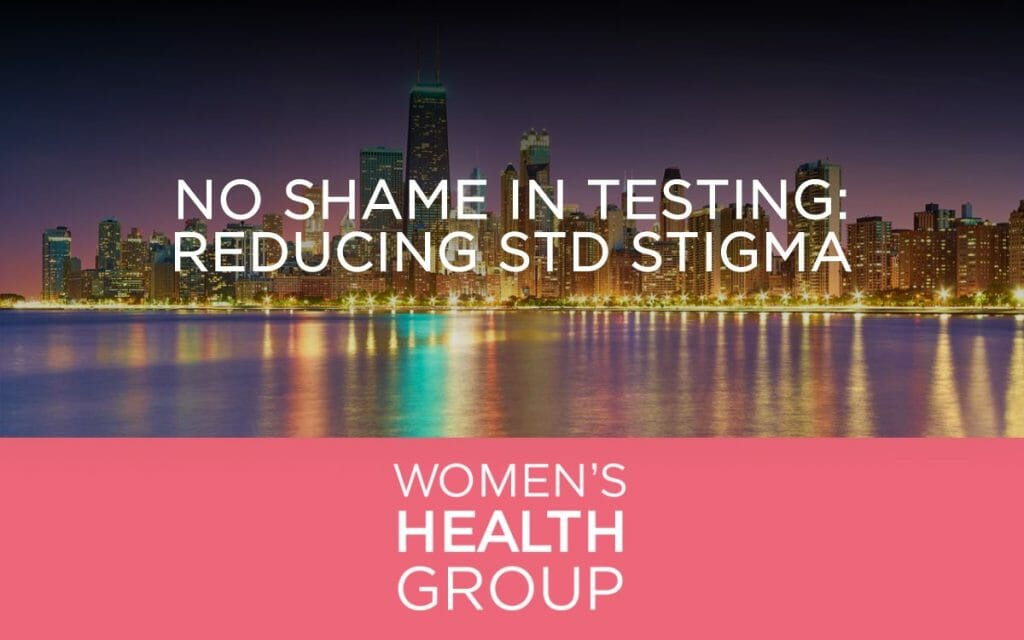Understanding STD Stigma
STD, an abbreviation for Sexually Transmitted Diseases, also known as STIs, are often subject to a significant amount of stigma and discrimination due to misconceptions and lack of awareness. This stigma manifests in various forms and affects the mental, physical, and social health of individuals. Notably, many people, especially women, tend to feel shame, guilt, fear, and embarrassment when it comes to STD testing. This view is not only harmful but also undermines the efforts towards sustainable public health.
According to research from Women’s Health Government, the incidence of stigma attached to STDs is higher among women in society. This stigma often prevents women from taking essential steps like STD testing and makes it challenging for them to disclose their health status to their partners, thereby aggravating the problem.
Eliminating the Stigma: A Synopsis
STD Stigma Reduction is more than just a health perspective; it’s a call to overcome barriers that impede healthy dialogues and actions regarding sexual health. When we talk about STD stigma reduction, we refer to broadening public attitudes and perceptions about STD, promoting the importance of regular STD testing, and fostering a supportive environment for those living with STDs.
The Importance of Regular STD Testing
STD testing should be an integral part of every individual’s healthcare routine, regardless of their relationship status, age, gender or sexual activity. Routine STD testing is vital not just to detect and treat STDs early but also to minimize the risk of severe complications for untreated or latent infections.
As reported on Mayo Clinic, STDs can lead to a host of health problems if left untreated, such as infertility, cancer, organ damage, and chronic pain. STD screening facilitates early detection even before symptoms start to show, allowing for prompt treatment and preventing the potential spread to partners.
Transcending Shame and Accepting Testing
Understandably, the thought of getting tested for STDs can cause anxiety and fear due to the stigma attached. However, it is crucial to remember that getting tested for STDs is a responsible and bold step towards safeguarding your health and that of your partner.
Here are some essential points to remember:
• An STD diagnosis does not define you: It’s a health condition that can happen to anyone who is sexually active.
• No guilt in seeking help: It is your right to seek medical advice or help when you need it, especially when it comes to matters of your sexual health.
• Communication is critical: Having open and honest discussions with your partner about sexual health reduces unnecessary anxiety and builds a healthy relationship.
• Self-care is not selfish: By choosing to get tested, you are taking care of yourself, which is at the heart of self-love and respect.
Support and Resources for Women
Acknowledging the unique challenges women face concerning STD stigma, several resources have been dedicated to providing support and information to women in Chicago, Illinois, and beyond. These resources provide valuable support, ranging from emotional to financial, empowering women to take charge of their sexual health without shame.
Paving the Way towards an STD Stigma-Free Society
Alteration in societal attitudes towards STDs and those living with them is essential in combating STD stigma, and it calls for combined efforts from various stakeholders. Healthcare providers, as frontline workers, can help normalize the conversation around STDs by creating an open, non-judgmental environment for discussions.
Media can also play a significant role in debunking myths and fostering non-stigmatized perceptions. Lastly, individuals and communities must work towards creating an open dialogue around STDs and STD testing, thereby leading to better acceptance and reduced stigma.
It’s time to break the silence surrounding STDs, promote openness, accept regular testing, and dissolve the stigma. There is absolutely no shame in testing for STDs. Your health matters, and taking responsibility for it deserves commendation, not criticism or stigma. Remember, your health, your rules, your life!




